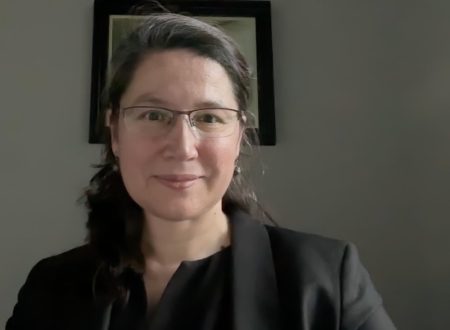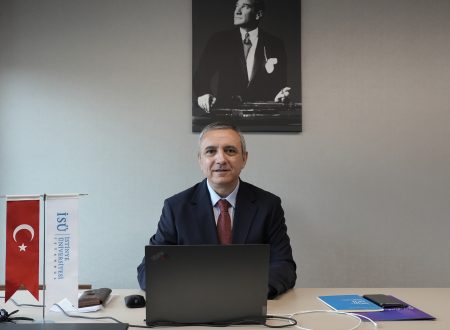“The Mindset of ‘I’ll Spend First and Save What’s Left’ Is Over — Families Now Prioritize Saving”
Households Avoid Risk in Savings, Turning to Funds, Gold, and High-Interest Deposits
On the occasion of World Savings Day, observed globally on October 31, Assoc. Prof. Dr. Caner Özdurak, faculty member at Istinye University’s Faculty of Economics, Administrative and Social Sciences, shared insights on changing saving behaviors among families. Dr. Özdurak noted that saving habits in Türkiye have undergone a profound transformation due to tight monetary policies, high inflation, and volatile markets. He explained that households have grown weary of market fluctuations and are now turning to more stable, lower-risk, and inflation-protected investment options such as mutual funds, gold, and high-interest deposits.
Budgets Under Stricter Control
Assoc. Prof. Dr. Özdurak observed that families are now managing their household budgets much more carefully than in the past:
“High inflation challenges households in two main ways: it rapidly reduces purchasing power and makes saving increasingly difficult. According to 2025 data, 63% of households seeking to maintain financial stability report that they actively monitor their expenses. This shows that families have developed a much more cautious budgeting reflex than before. Although the overall savings ownership rate remains around 54%, the proportion of those who save regularly has been rising. People are moving away from the mindset of ‘I’ll spend first and save what’s left’ and instead setting aside a portion of their income as a discipline.”
Turkish Investors’ Risk Tolerance Has Declined
Dr. Özdurak pointed out that recent shifts in investment preferences reveal a decline in Turkish investors’ risk tolerance and a growing interest in professionally managed instruments:
Retreat from Equities: The stock market has moved away from its record number of investors achieved in 2023. After peaking at 8.5 million investors in the last quarter of 2023, the number dropped to 6.6 million by March 2025 — indicating a withdrawal of nearly 2 million investors. The real (inflation-adjusted) value of stock portfolios has also declined.
Rising Interest in Mutual Funds: Citizens moving out of equities or seeking new investment opportunities have redirected their savings into mutual funds, which offer professionally managed and diversified portfolios even for small investors. The total size of investment funds has grown nearly 20-fold in the past five years, and 2025 data show this trend continuing steadily. This reflects a growing preference for diversification and expert management.
Despite inflation and exchange rate fluctuations, one behavioral constant remains: households’ inclination toward tangible and secure assets.
Gold and Cash “Under the Mattress” Still Dominate: As of the first quarter of 2025, households’ top two saving choices remain non-system assets such as domestic/foreign currency and gold held at home. Despite high interest rates, many still prefer physical assets for their liquidity and instant accessibility.
Gold Demand at Record Levels: Gold remains a favorite of both central banks and individuals. Physical gold purchases by consumers continue to reach decade-high levels, reinforcing gold’s status as the leading hedge against inflation and uncertainty.
Growing Preference for Low-Risk Instruments
Dr. Özdurak highlighted that households have been cutting daily expenses while increasingly favoring low-risk, professionally managed investment tools:
“Trends at the beginning of 2025 show that under the influence of tight monetary policy, households are both reducing day-to-day spending and shifting their savings toward safer, professionally managed instruments. Supported by rising policy rates, the share of lira deposits and mutual funds in household assets is growing. The steady increase in participants in the Private Pension System (BES) and Automatic Enrollment System (OKS) is also an encouraging sign that Turkish citizens are gradually adopting a habit of long-term, disciplined saving. In summary, households are tired of market volatility and are opting for stable, low-risk, inflation-hedged options such as mutual funds, gold, and high-interest deposits. This shift supports the country’s financial stability by strengthening long-term and consistent saving behavior.”







